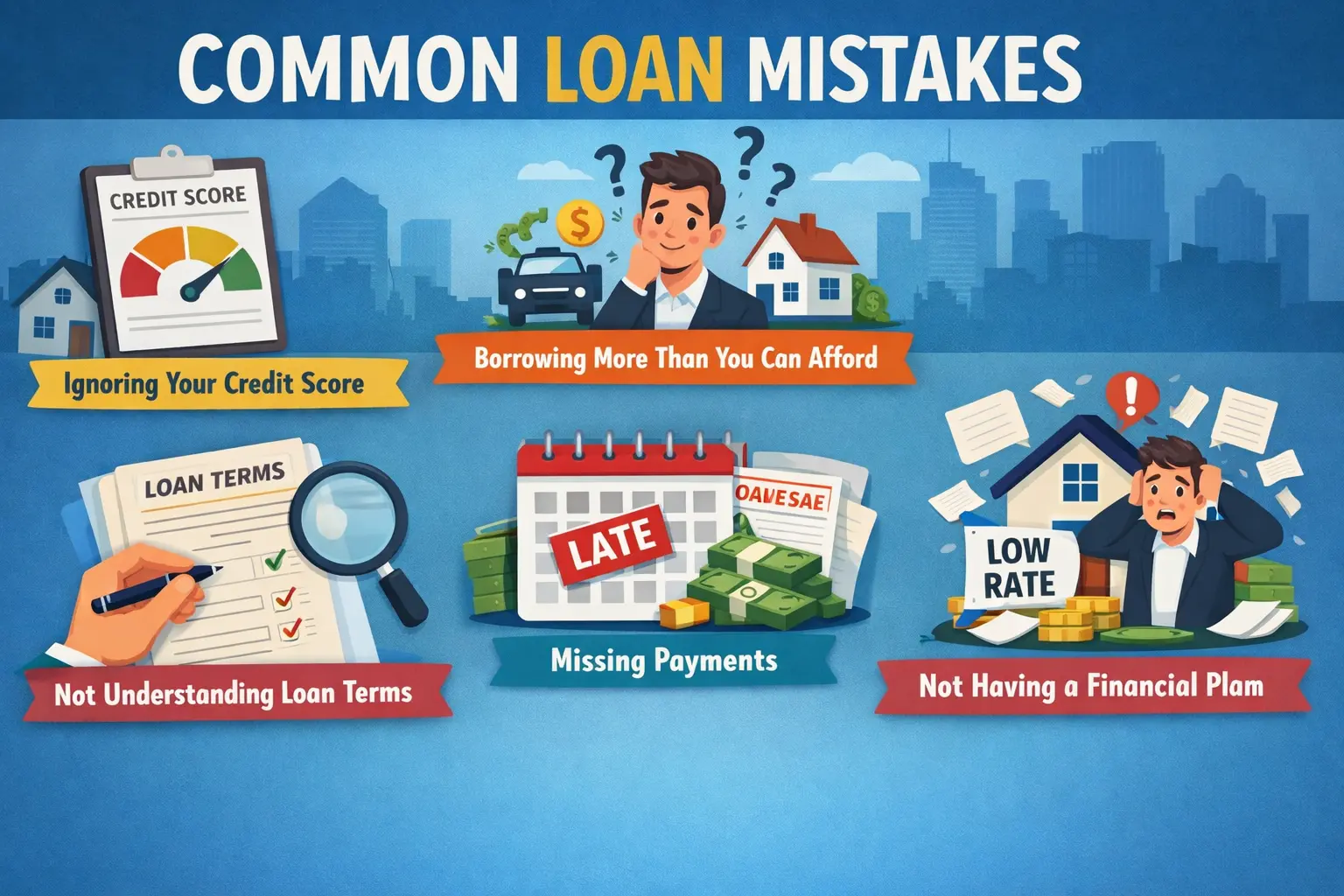Why Buying a House is Better Than Renting: Detailed Explanation
Buying a house is a significant financial decision that offers long-term benefits compared to renting. While renting provides flexibility, homeownership is often considered the better choice due to financial advantages, stability, and personal freedom. Below are the key factors in detail explaining why buying a house is better than renting.
1. Building Equity – Investment in Property
Definition: Equity is the difference between the market value of your home and the remaining mortgage balance.
-
Equity Growth Over Time: Each mortgage payment you make helps build ownership in the property, while rental payments do not provide any return.
-
Forced Savings: Homeownership serves as a form of saving, as you accumulate wealth through equity without consciously setting aside money.
-
Leverage on Investment: Over time, as property values rise, the equity in your home increases, allowing you to build wealth.
2. Long-Term Cost Savings
-
Stable Payments: A fixed-rate mortgage keeps your monthly housing expenses predictable, unlike rent, which often increases annually.
-
No More Payments After Mortgage: Once the mortgage is paid off, homeowners no longer have to make monthly housing payments, reducing long-term living expenses.
-
Rent Keeps Increasing: Landlords typically raise rent over time due to inflation and market demand, making renting more expensive in the long run.
3. Property Value Appreciation – Wealth Accumulation
Definition: Home prices generally increase over time, meaning your property can become more valuable.
-
Real Estate Market Growth: Historically, real estate appreciates in value, leading to financial gains for homeowners.
-
Long-Term Investment: Homeownership provides an opportunity to sell the property later at a higher price and make a profit.
-
Inflation Protection: Owning a home protects you from rising housing costs since property values tend to grow with inflation.
4. Personalization and Freedom
-
Renovation Freedom: Homeowners can remodel, paint, or upgrade their homes to match their preferences.
-
No Landlord Restrictions: Renters must follow strict rules on modifications, pet ownership, and property usage.
-
Increased Comfort: Owning a home allows you to create a space that truly feels like yours.
| "BEST BUILDER FLOOR APARTMENT IN CHENNAI" |
5. Stability and Security
-
No Lease Expirations: Renters often face uncertainty about lease renewals and potential rent increases.
-
No Risk of Eviction by Landlord: Homeowners do not have to worry about being forced to move due to property sale or lease terminations.
-
Sense of Belonging: Owning a home encourages a stronger connection to the community and a feeling of permanence.
6. Tax Benefits of Homeownership
-
Mortgage Interest Deduction: Homeowners can deduct mortgage interest payments from their taxable income.
-
Property Tax Deductions: Some states allow deductions on property taxes, reducing the homeowner’s tax burden.
-
Capital Gains Exemption: If you sell your primary residence, you may qualify for tax-free profits up to a certain limit.
7. Potential for Rental Income
-
Renting Out a Part of the Property: Homeowners can rent out extra rooms or an accessory unit for additional income.
-
Airbnb or Short-Term Rentals: Some homeowners use short-term rentals to generate income from their properties.
-
Buying a Multi-Family Home: Homeowners can live in one unit and rent out the others to cover mortgage payments.
8. Sense of Ownership and Pride
-
Achievement and Security: Owning a home is a major life milestone and provides a sense of accomplishment.
-
Community Involvement: Homeowners are more likely to engage in neighborhood activities and long-term improvements.
-
Legacy for Future Generations: A home can be passed down to children or family members as an asset.
9. Better Financial Planning and Stability
-
Fixed Housing Costs: A fixed mortgage rate ensures predictable monthly payments, helping with financial planning.
-
Protection from Rent Inflation: Rent prices are influenced by market conditions, making long-term budgeting harder for renters.
-
Asset for Retirement: A paid-off home reduces expenses during retirement, providing long-term financial security.
While renting may be more flexible for short-term situations, homeownership provides long-term financial security, wealth-building opportunities, and personal freedom. Buying a home is an investment in your future, offering stability and numerous financial advantages that renting does not provide. If you can afford the initial costs and commit to long-term ownership, purchasing a home is generally the wiser decision.













